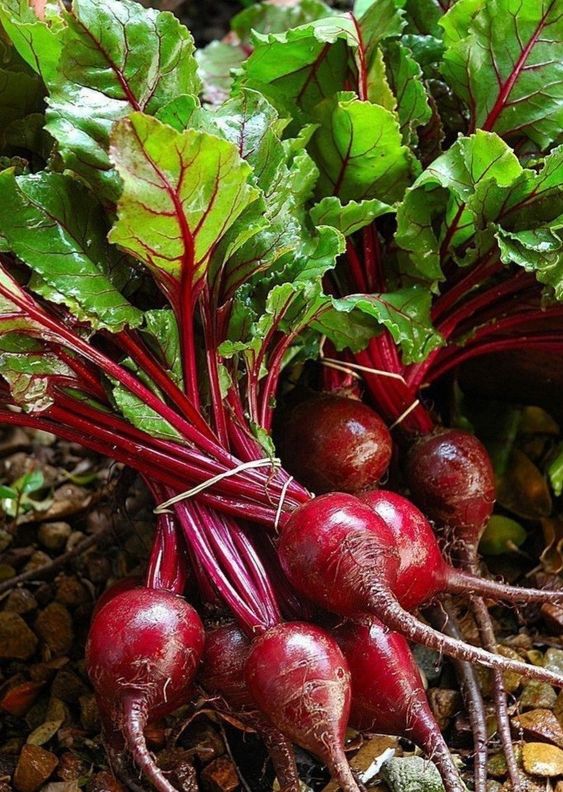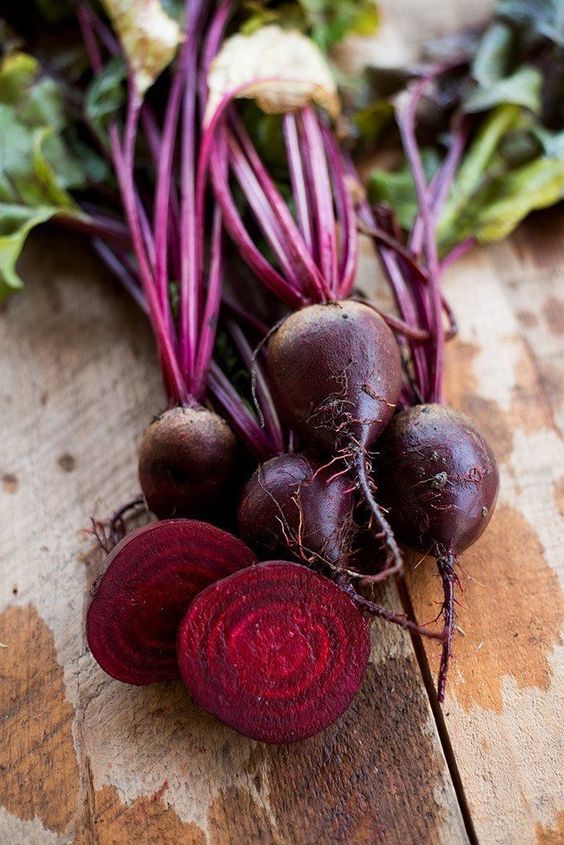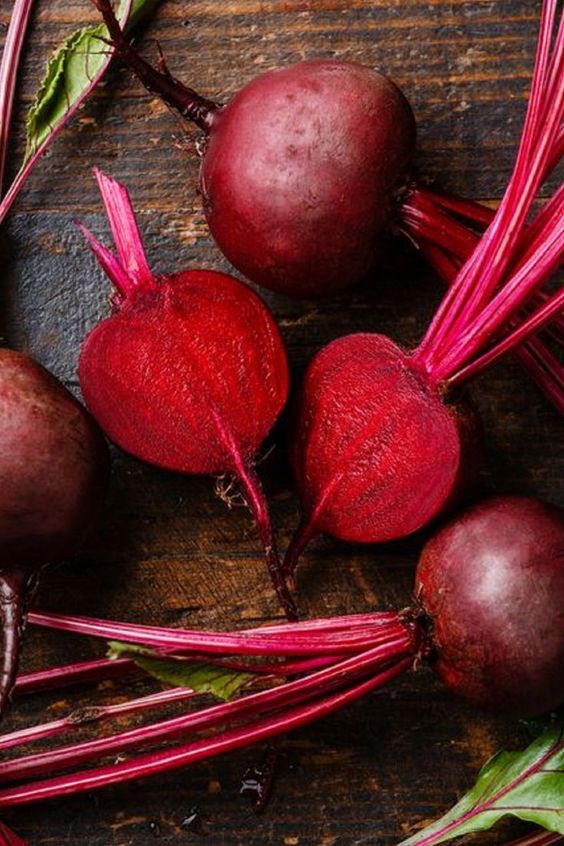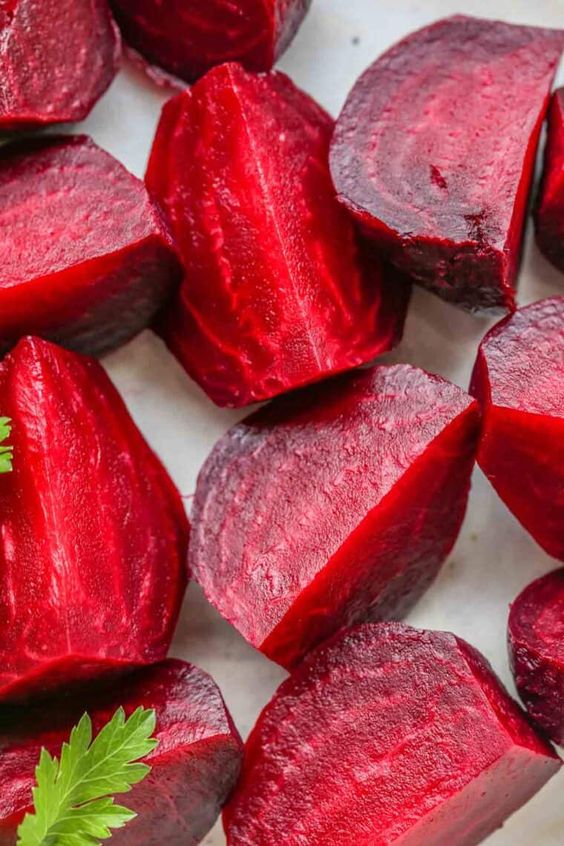Beetroots, which are also known as red beets, have been an integral part of our diet for many centuries. These root vegetables are not just tasty, but they are also packed with nutrients that offer numerous health benefits. With its characteristic earthy flavor and bright color, beets can be used in a variety of dishes. In this piece, we will delve into the nutritional value of beets, their health benefits, and some exciting culinary ways to incorporate them into your diet.

Red beets are a real superfood as they pack a lot of nutrients in them. They provide us with an abundant source of essential vitamins, minerals, and antioxidants that are beneficial for our overall health. Let’s have a closer look at some of the key nutritional components of red beets. First of all, they are loaded with vitamins like vitamin C that helps to boost our immune system and vitamin B9 (folate) that plays a crucial role in cell growth and development.

Minerals are abundant in beets, including potassium that assists with blood pressure regulation and manganese, which plays a critical role in maintaining healthy bones. Additionally, beets provide both types of dietary fiber, soluble and insoluble, which contribute to better digestion and help create a sense of satiety.

Antioxidants are plentiful in red beets, particularly betalains, which are renowned for their anti-inflammatory and detoxifying effects.

Eating red beets can provide a multitude of health advantages. One of the most significant benefits is the positive impact on heart health. The nitrates present in beets can aid in decreasing blood pressure and minimizing the chances of developing heart disease.

Enhanced Digestive Function: Beets contain fiber that promotes digestive well-being and aids in the prevention of constipation.

Consuming beets can provide a number of health benefits, including improved cognitive function and protection against cognitive decline. The antioxidants in beets can also support the body’s natural detoxification processes, while some studies suggest that betalains found in beets may have anti-cancer properties. When it comes to culinary uses, there are plenty of options for incorporating red beets into your diet. They can be grated or sliced and added to salads for a sweet and earthy flavor, or juiced with other fruits and vegetables for a nutritious beverage. Roasting or boiling beets is another option, as they can be served as a side dish with herbs and spices. Those looking for a heartier meal might enjoy borscht, a traditional Eastern European soup made with beetroot. Finally, beets can even be pickled for a tangy, flavorful condiment that will help them last longer.





